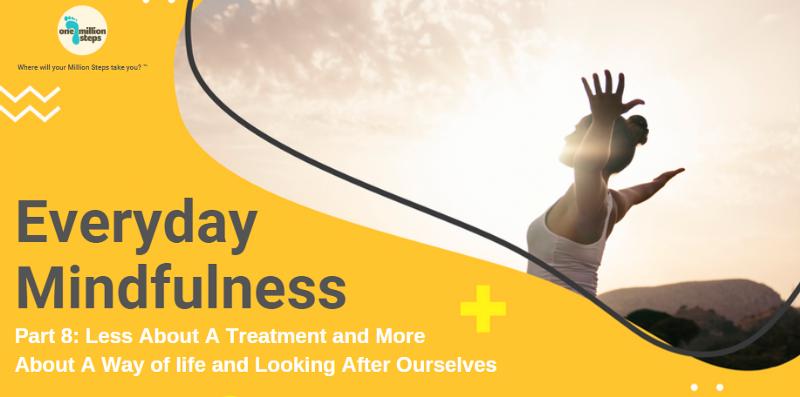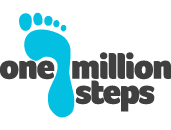
Part 8: Less About A Treatment and More About A Way of life and
Looking After Ourselves
In our final section on Mindfulness, we want to
again go back to the idea of Mindfulness and the role it can play in our lives.
John Kabat-Zinns early work on Mindfulness was
actually centred around helping sufferers of chronic pain to cope with that pain and to reclaim as much of
their lives as possible.
Zindel Segal, on the other hand, worked in the
field of mood disorders.
He had come to notice a pattern of treatment for
depression that was clinical, and in which anti-depressants were used. But once a patient was better, this
was weaned off. The only problem was that the patient was not given any training on how to prevent a
relapse. And meditation was certainly not part of the “curriculum”
When he was given some money by the MacArthur
Foundation for research, he brought in Mark Willaims and John Teasdale to find a way to modify existing
treatments to prevent relapse.
In this wonderfully succinct video, he describes
what they discovered and how they approached the work on Mindfulness carried out by John Kabat-Zinn for
chronic pain and developed it as a relapse prevention treatment for depression
Zindel Segal says: “What we now understand about
depression is that it is an episodic and recurrent disorder. Getting well is half of the problem, staying
well is the other half.”
But, where do you begin your work on
relapse therapy to prevent depression from taking hold? What was the trigger that you needed to identify?
They decided to focus on a specific trigger:
sadness.
“But how do you work with a trigger of relapse like sadness, when sadness is also a feature of our
universal human experience?
We weren’t interested in trying to eliminate sadness,
we weren’t interested in trying to get people not to feel sad.
What we really needed to do was to help people develop
a different relationship to their sadness.”
Inspired by Jon Kabat-Zinn, Segal,
Williams and Teasdale they developed an eight-week program to create mindfulness-based cognitive therapy,
or MBCT to give recovered patients a tool to help them prevent a relapse.
But if sadness is a trigger that can return a
patient into a state of depression, then what could we do make sure that sad thoughts do not also snowball
and “trap us, turning a small sadness into a tangled web of brooding
preoccupation.”
This is where mindfulness can also come in.
“What we’re trying to get people to do is to anchor themselves in their experience so that when a negative
emotion comes up in the mind, it can wash over them; it doesn’t totally destabilize. Instead, they can
find a different place for standing and work with these feelings, and as a result have much more of an
option for selecting a response and influencing what happens next.” Zindel Segal
This relates strongly with our previous
article Part 7: Interpreting Facts, Nipping Negatives and Potting Positives
We discussed how mindfulness and bringing
awareness to the emotions can put a brake on the wrong interpretations of the facts which allow negativity
to breed.
And how this persistent negativity eventually
sucks us into a downward spiral of self-doubt and sadness.
Our daily task, then, is to change our response
to that slow but gradual emotional whirlwind that can lead to sadness and worse.
When a person does not bring awareness to their
state of mind allows it to breed negativity they may eventually be consumed by it.
But a person who understands mindfulness and
knows how to apply everyday mindfulness to their daily experiences can have a healthier way of coping with
their emotions.
Over time, this change can have a profound way
in which a person views the world and both their positivity towards it and in it.
Mindfulness then “… becomes
less about a treatment, and more about a way of life and looking after themselves” Zindel Segal
We hope you have enjoyed this
Introduction to Mindfulness and its key concepts
Remember, mindfulness is not synonymous with
meditation practice. Meditation practise is important but Mindfulness is much more than that.
It is an everyday ideal.
in fact, it’s an every-moment-of-life ideal.
Bring kindness. Spread Joy. Make Smiles. Share
Peace. Acknowledge Gratitude.
To find out more about the Million Steps
Challenge and how we can help you, your business or charity, please visit https://millionsteps.com
Or Register your organisation interest: Million Steps CoVid-19 Package here
